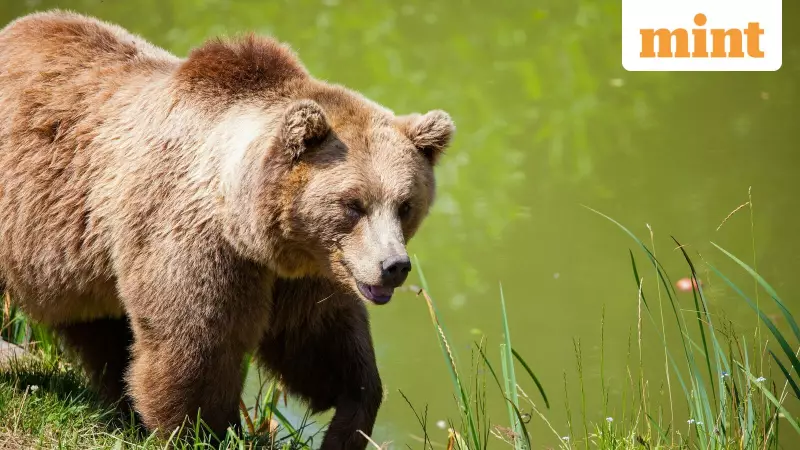
Japan is taking unprecedented measures to address a dangerous surge in bear attacks across the country, deploying retired police and military personnel in a novel culling initiative. This drastic response comes amid rising fatalities and injuries caused by ursine encounters that have reached alarming levels in 2025.
Rising Attacks Prompt Emergency Response
The severity of Japan's bear crisis became evident when Chief Cabinet Secretary Minoru Kihara convened a special ministerial meeting to address the escalating situation. Thirteen people have lost their lives to bear attacks since April this year, creating urgency for immediate action. Between April and September alone, over 100 people suffered injuries during bear encounters across the nation.
According to Japan's environment ministry, the scale of the problem is massive. Nearly 20,700 bear sightings were reported nationwide during the same six-month period, representing an increase of approximately 7,000 sightings compared to the previous year. The ministry approved a comprehensive policy package specifically designed to combat the growing threat.
Why Retired Security Personnel?
The Japanese government made a strategic decision to involve retired police officials and soldiers in their culling operations. These individuals were specifically selected because of their extensive experience in handling firearms, making them ideally suited for the sensitive task of bear population management. The specialized skills of these former security professionals provide a practical solution to the immediate danger.
"The package aims to reduce the excessive bear population by removing bears from human habitats and intensifying capture efforts," explained Chief Cabinet Secretary Minoru Kihara during the announcement. Bears have increasingly ventured into human territories, foraging through homes, schools, and even supermarkets in search of food.
Economic and Ecological Impact
The bear crisis has extended beyond public safety concerns, significantly impacting Japan's tourism sector during what should be peak travel season. The popular autumn leaves viewing destination of Nikko in Tochigi prefecture, typically crowded with nature enthusiasts, has seen a dramatic decline in visitors. Located several hours from Tokyo, this serene destination known for its beautiful autumn foliage has been noticeably quieter this year.
NHK World reported that tourist activities including cable car rides up mountains and scenic hikes have been closed due to safety concerns. Visitors are choosing safety over embracing nature, dealing a heavy blow to local businesses that depend on autumn tourism.
Understanding the Population Explosion
Experts point to several factors behind the dramatic increase in bear populations and their increasing proximity to human habitats. According to a recent government report, Japan's brown bear population has doubled over the last three decades, now standing at approximately 12,000 animals. Meanwhile, the Asian black bear population on Honshu island has reached an estimated 42,000.
Researcher Naoki Ohnishi from the Forestry and Forest Products Research Institute provided insight into the ecological imbalance. "Put simply, the size of the bear population has gone beyond the capacity of the mountains to hold them," he told AFP. Some mountains have become "overcrowded" with bears, forcing the animals to venture into human settlements in search of food.
The abundance of available food combined with warming climate conditions has created ideal circumstances for bear population growth. This ecological shift has resulted in more frequent and dangerous interactions between humans and bears, necessitating the current emergency measures.






